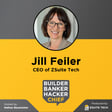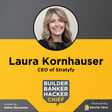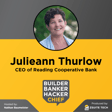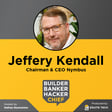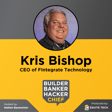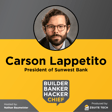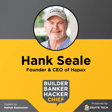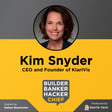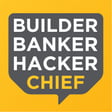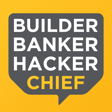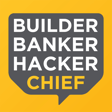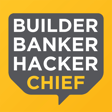
Zach Duke – Breaking technology, the journey of self-awareness, and embracing failure through baby steps | Episode 9
Welcome to episode eight of Builder, Banker, Hacker, Chief! Joining me today is Zach Duke, Co-Founder and CEO of Finosec.
On this show, I’m unpacking the stories, decisions, and influences that make people successful leaders. For Zach, the turning point in his career came at age 41 when he decided that it was time to launch his own cybersecurity company.
My name is Nathan Baumeister; I am the Co-founder and CEO of ZSuite Tech and the host of this podcast.
If you look at Zach’s resume, you’ll see a long, successful career working in financial technology, including a successful acquisition by one of the major core processing providers. What you don’t see is the many times he pivoted and leaned into his own shortcomings to become a better leader. Today, Zach has assembled a team where every employee can play to their strengths and relax in the knowledge that their weaknesses won’t be used as leverage.
Finosec, is helping financial institutions transform their approach to cybersecurity governance. This service will only become more important as cyber-attacks grow more frequent and sophisticated. Creating secure IT systems requires humility and continuous improvement, qualities that Zach Duke has in spades.
This episode is a reminder that it’s never too late to chase your dreams, and that sometimes the thing you’re running away from is the thing you should be running toward.
Resources:
Zach’s recommendations:
Jack Carr’s Terminal List Book Series
CliftonStrengths (formerly Clifton StrengthsFinder)
Connect:
